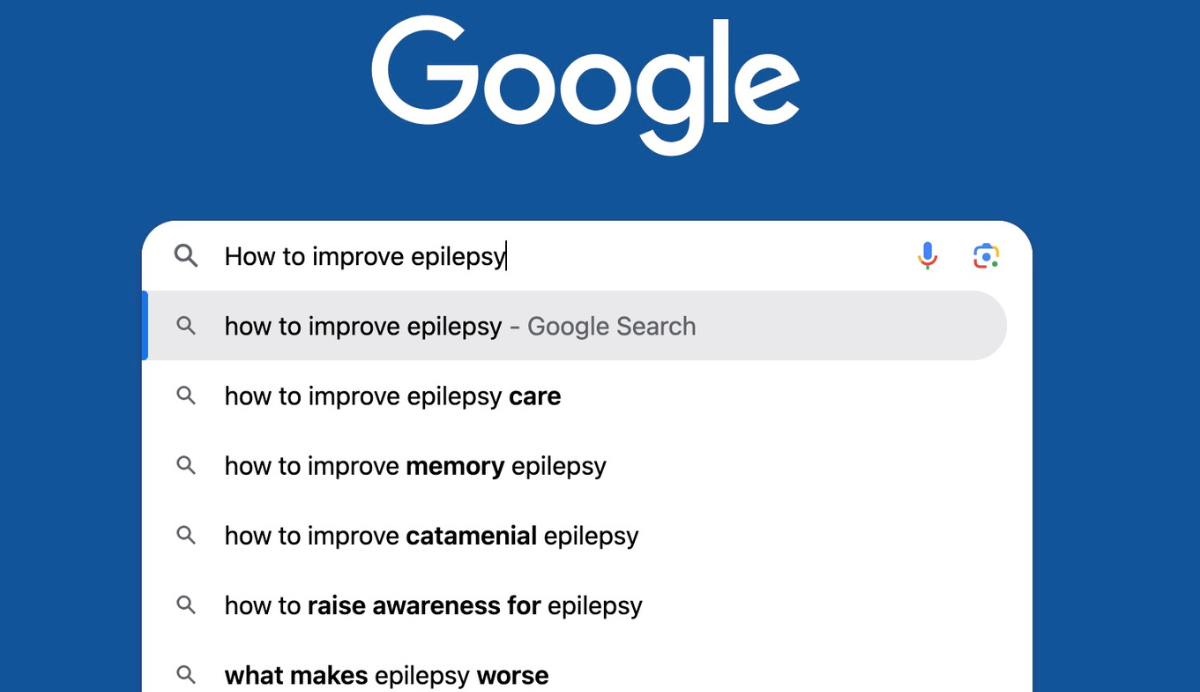Data from the AEP’s pilot participants spanned three cohorts: first unprovoked seizure (FUS), newly diagnosed (NDE) and drug-resistant epilepsy (DRE), in adults aged 18-65 years. Baseline clinicodemographic information was collected from the participants and they completed questionnaires to assess their quality of life, work productivity and care needs.
This recently published paper [Work productivity, quality of life and care needs: An unfolding epilepsy burden revealed in the Australian Epilepsy Project pilot study paper] has identified the care burden faced by working-age Australians living with epilepsy, and found those living with focal drug-resistant epilepsy had lower quality of life scores and were less likely to participate in paid employment compared to those with a new diagnosis of epilepsy.
Other key insights of the study include:
· Epilepsy may substantially impact quality of life and work productivity, causing varying levels of required care.
· Almost one in five people in the study’s cohorts required informal care from family and friends.
· The health economic burden of epilepsy varies with different stages of the disorder.
Success of the pilot study has led to the AEP securing $30mil in funding from the Medical Research Future Fund, enabling transition to a five-year main study.
The study results will assist researchers to measure the impact of the AEP on important personal and societal health economic outcomes for working-age Australians.
The Australian Epilepsy Project is made possible through the combined support of The Florey and the University of Melbourne and is funded by the Medical Research Future Fund.
-2.jpg)
AEP Keynotes at AWS Summit Sydney Innovation Day

AEP hailed as an exemplar for transforming lives


